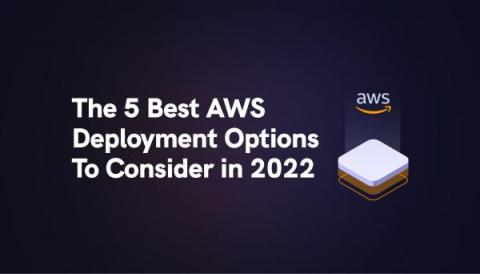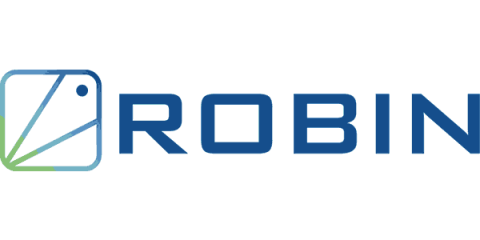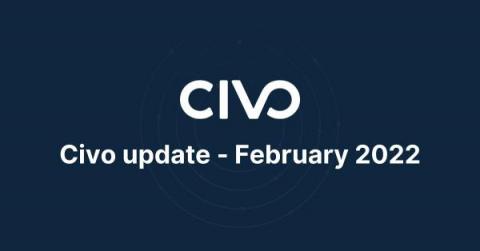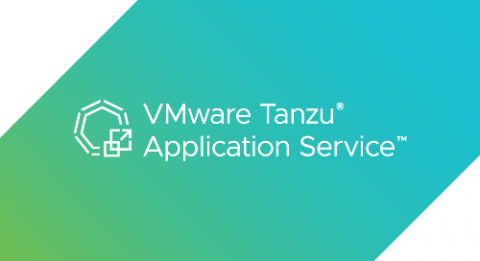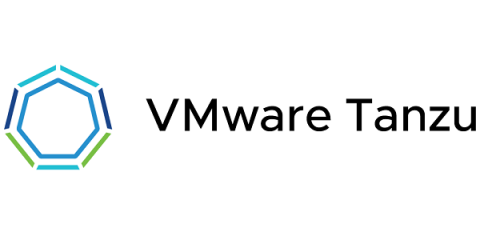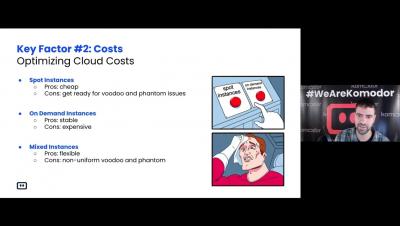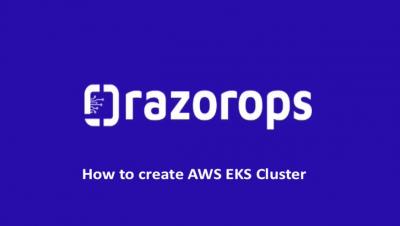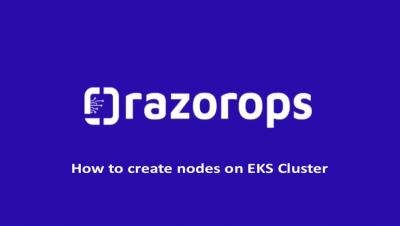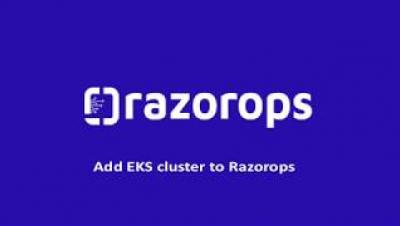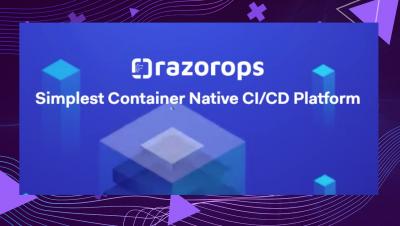Operations | Monitoring | ITSM | DevOps | Cloud
Containers
The latest News and Information on Containers, Kubernetes, Docker and related technologies.
HPC workloads on Robin Cloud Native Platform (CNP) using Nvidia GPU (MIG A100)
In today’s world, graphics processing units or GPUs have attracted a lot of attention as the optimal vehicle to run artificial intelligence (AI), machine learning (ML) and deep learning (DL) workloads. These workloads require massive amounts of data, both ultra-high speed and parallel processing, along with flexibility and high availability. It is clear that high-performance computing (HPC) with graphics processing unit (GPU) systems are required to support cutting-edge workloads.
Civo Update - February 2022
In this edition we have news of two new initiatives to help businesses and developers alike with their Kubernetes endeavours. Plus we were excited to discover that Civo was recently featured in CRN's 20 Coolest Cloud Infrastructure Companies as part of The 2022 Cloud 100!
VMware Expands Cloud Foundry Investments for Tanzu Application Service
VMware continues to heavily invest in Cloud Foundry and Tanzu Application Service, VMware’s distribution of Cloud Foundry, to ensure it remains the best place to run business-critical applications. Let’s dive a little deeper to see these exciting investments in action.
This Is Not a Predictions Article! What's on the Minds of Your Peers and Tech Leaders for 2022
You have to make lots of technical, architectural, and organizational choices. Knowing what your peers, analysts, and tech leaders are thinking about can help you make decisions about where and how to invest your time, money, and energy. That’s why we’ve compiled this roundup of ideas from tech decision makers, leaders, and analysts to help you focus.
[Webinar] 5 Things We Learned Not to Ignore While Scaling Kubernetes
Razorops: Create AWS EKS Cluster from amazon console.
Razorops: Create Nodes on EKS Cluster
Razorops: Link EKS Cluster to Razorops
Razorops CI/CD live demo
#Razorops CI/CD live demo with Real Customer Questions.


